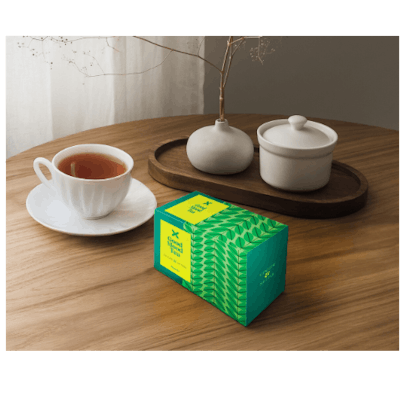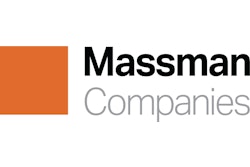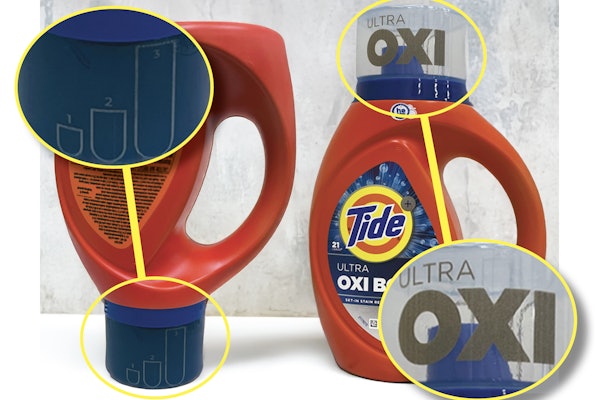
This content was written and submitted by the supplier. It has only been modified to comply with this publication’s space and style.
According to a recent life cycle assessment conducted by Metsä Board, switching from white-lined chipboard (WLC) to Metsä Board’s folding boxboard can reduce the carbon footprint of food packaging by over 60%. The LCA study, which compared MetsäBoard Classic FBB to corresponding grades available in European markets, was verified by the IVL Swedish Environmental Research Institute.
The reduction in carbon footprint is possible due to the high share of fossil-free energy used in Metsä Board’s manufacturing process and the light weight of fresh fiber paperboards. Although Metsä Board folding boxboards are typically lighter than similar products made of recycled fibers, they retain the durability and functional properties of traditional heavier grades thanks to the fresh wood fibers used in their production.
“Over the past year, we have completed verified LCA assessments across three key packaging segments, which include beautycare, healthcare, and now food packaging,” said Anne Uusitalo, Product Safety and Sustainability Director at Metsä Board. “These comprehensive studies offer brand owners fact-based data and insights into the potential of our paperboards, helping them make informed decisions on how they can reduce the carbon footprint of their packaging as well as their Scope 3 emissions.”
In January, Metsä Board published similar verified assessments comparing its products to other board grades used for beauty care packaging. In addition, Metsä Board announced last March it had completed verified assessments for its paperboards used in pharmaceutical packaging.
Assessments follow procedural and methodological requirements of ISO 14025 and are consistent with ISO 14040 and 14044 standards. The selected system boundary for the study was cradle-to-gate + end-of-life and selected climate change impact methodology was EF3.1 Climate Change - total. Climate change impacts for competing materials utilizes data from Sphera LCA for Packaging, which seeks to represent general products in the European market. The technical background report and the 3rd party verification statement are available on Metsä Board’s website.



























